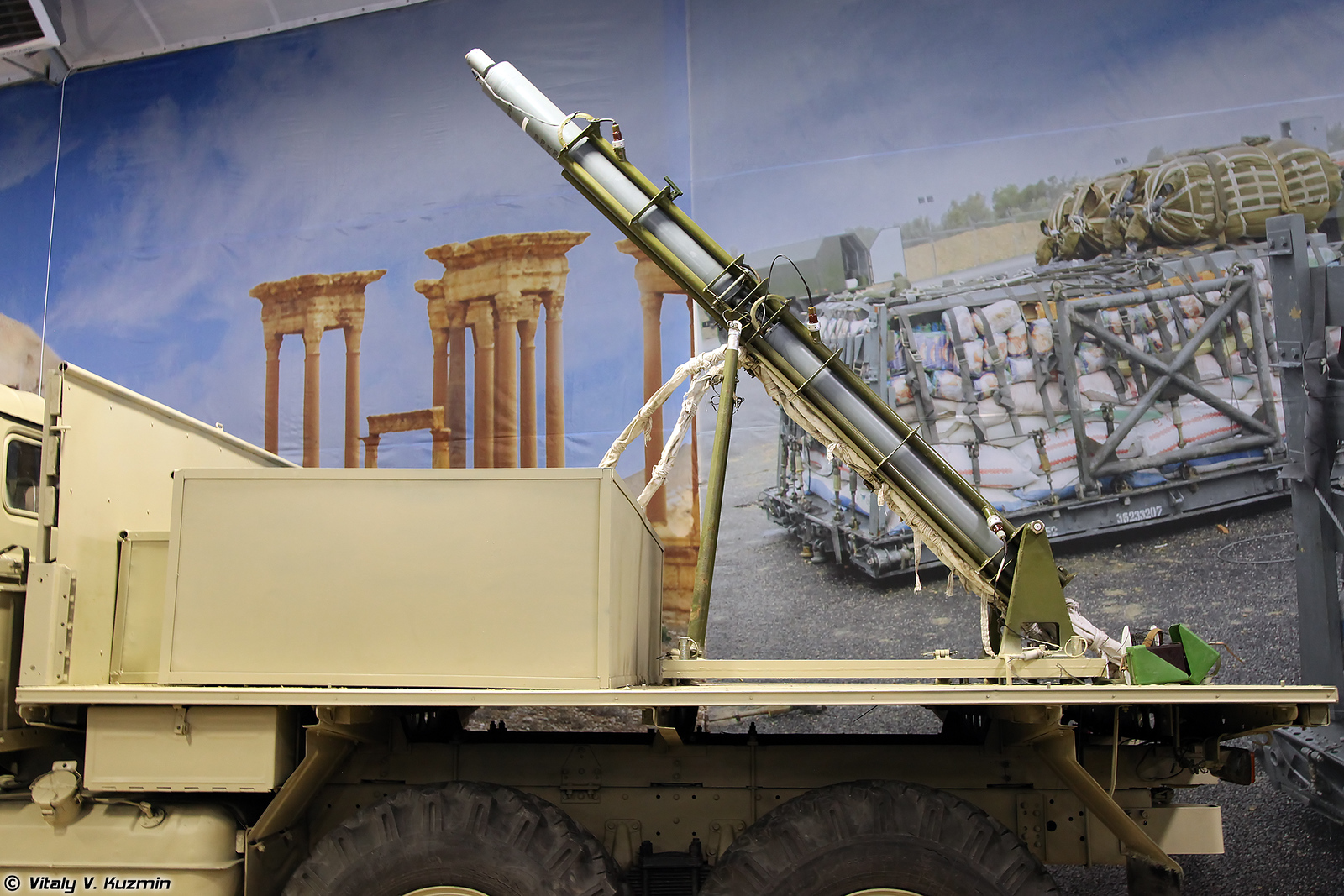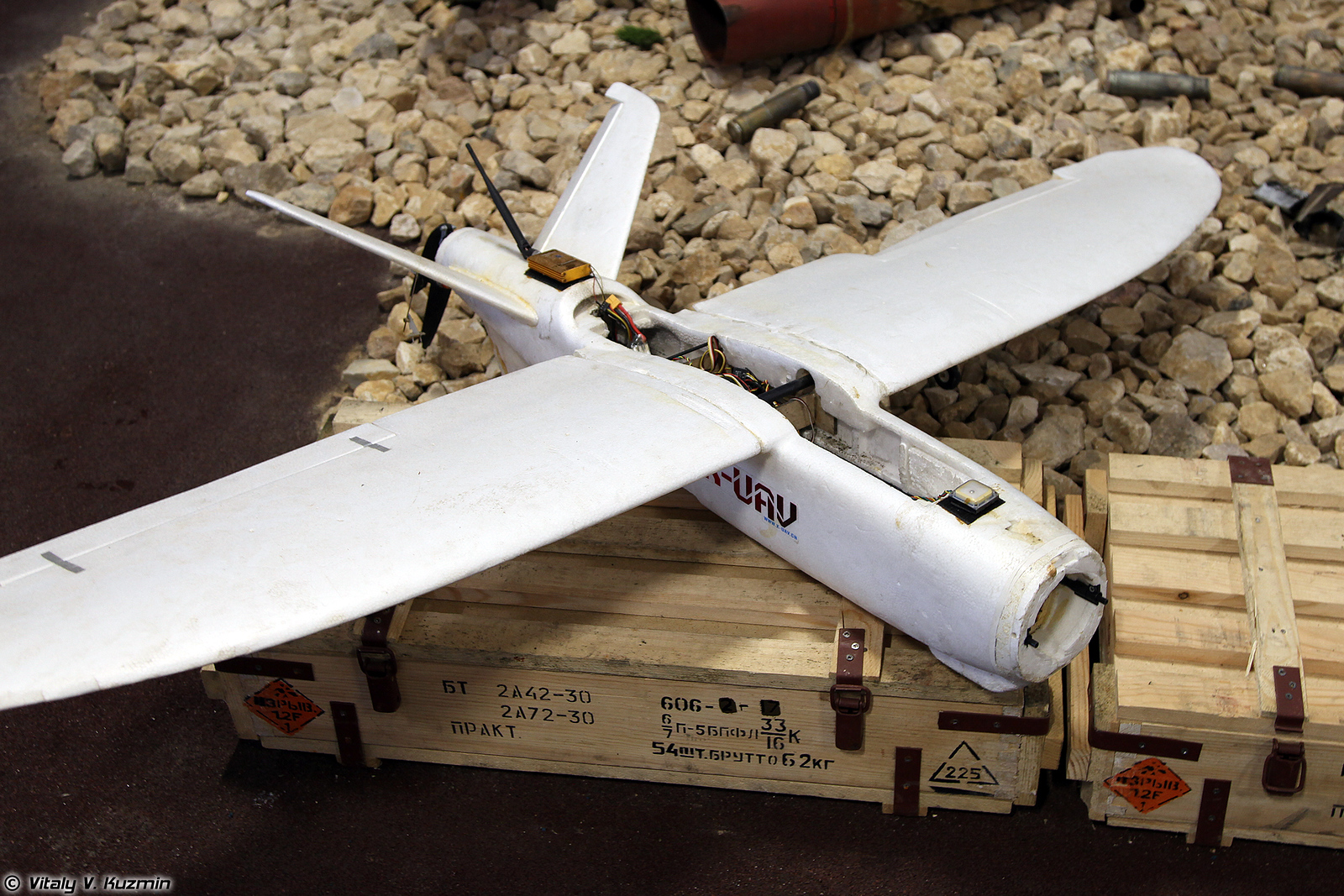The Moscow-backed authorities of separatist South Ossetia released, on March 23, Georgian citizens David Gerkeuli and Iosif Gundishvili (
Imedinews March 23). The two men had been arrested by South Ossetian KGB agents (the special service of this breakaway republic still carries the old Soviet name) and Russian border guards (
Kavkazsky Uzel, March 22).
Gerkeuli and Gundishvili were accused of “violating the state border of South Ossetia.” Relatives of the detainees told reporters that they were going to church when the agents seized them in an ambush. The arrested were released after the family paid a fine (
Imedinews, March 23).
Georgia does not recognize the “border” with South Ossetia and considers this territory occupied by Russian troops. After the August 2008 war, Russia violated all norms of international law by establishing an illegal “border” that passes through a number of Georgian villages. In this region of the Caucasus, where people have lived and worked for millennia, there had never been any such “boundaries” to block the free movement of local residents. The dividing line, drawn and regularly redrawn by the occupation forces (see EDM,
October 2, 2013;
December 2, 2013;
July 20, 2015), is so artificial, that hundreds of Georgian citizens become its “victims” each year. They are arrested and transferred to Tskhinvali prison, where they often endure various humiliations and even beatings or other torture (see below).
On March 24, 35-year-old Archil Tatunashvili was buried at the Mukhatgverdi military cemetery, near the Georgian capital of Tbilisi. He was a retired soldier: in 2008, Tatunashvili served in Iraq, where his brigade fought alongside the United States military (
Oc-media.org 23 February). After the start of the Five Day War with Russia, the brigade returned to its homeland but did not have time to take part in the hostilities (
Diplomaatia, August 2013). Soon thereafter, Archil Tatunashvili resigned and rejoined civilian life. With the permission of the separatist authorities of South Ossetia, he was engaged in a small business in the Akhalgori region, where he was born and raised.
KGB agents had arrested Tatunashvili on February 22, on the “border,” and transferred him to Tskhinvali prison. News reports revealed that he had died the following day, during an interrogation (
Civil Georgia, March 20). After his body was handed back to Georgia on March 20, a month after his capture, experts confirmed he had been severely beaten and tortured while in custody. The final conclusions about the cause of death have yet to be published, but the young man was almost certainly killed because of the beating (
Civil Georgia, March 21).
“The Tatunashvili Affair” appears to have been used by Moscow to put additional pressure on Georgia. The occupation authorities refused to transfer Tatunashvili’s body to his family for weeks. And that refusal angered relatives and the populations of villages located near the “border” with South Ossetia. Indeed, in late February, hundreds of local people blocked the strategically important Tbilisi–Poti highway for several hours. Without the normal functioning of this road, Georgia, Armenia and Azerbaijan all risk being cut off from Black Sea ports. At the same time, a group of activists blocked the Tbilisi–Vladikavkaz road, the main overland route that connects (via Georgian territory) Armenia and Russia. The protesters demanded that the Georgian government “do everything to return the body of the deceased to the family.” Some demonstrators taking part in the blockade threatened not to let Russian tourists into the country.
The roads were unblocked only after Georgia’s Interior Minister Giorgi Mghebrishvili, on the instructions of the prime minister, met with the father of the deceased Archil Tatunashvili and promised that he would soon be given his son’s body for burial (
Sova.news, February 26).
Negotiations over Tatunashvili, with the involvement of the Red Cross, lasted for several days. But the South Ossetian occupying authorities refused to resolve the humanitarian issue. Prime Minister Giorgi Kvirikashvili made an emotional appeal to the Russian government and suggested starting a dialogue “to break the deadlock in which Russian-Georgian relations ended up after the Five-Day War.” In addition, he expressed Tbilisi’s readiness to start “a direct dialogue with the Abkhazians and Ossetians” (
Georgia Today, March 12; see
EDM, March 26).
It soon emerged that Georgia had agreed to sign a joint declaration with Russia in Geneva. The bilateral Geneva talks have been held since the August 2008 war with the participation of the United States, the European Union, the United Nations, and the Organization for Security and Cooperation in Europe OSCE. But now, Russia has apparently convinced Georgia to sign a “peace declaration” together with representatives of Abkhazia and South Ossetia (
Kommersant, March 20).
David Avalishvili, a columnist with the independent information and analytical agency
GHN, said that the signing of the declaration with Abkhazia and South Ossetia “is a big victory for Moscow because Georgia will indirectly recognize the legitimacy of the occupying administrations—even though these ‘administrations’ were created in the territories where the ethnic cleaning of the Georgian population took place” (Author’s interview, March 23).
For almost ten years, Avalishvili noted, the Georgian government has refused to sign such a declaration with separatist Abkhazia and South Ossetia, demanding that Russia first pledge not to use further force against Georgia. But now, “Moscow achieved its desired goal as a result of a provocation—the arrest and murder of former Georgian army officer Archil Tatunashvili. It was easy [for Moscow] to predict the emotional reaction of Georgian society and the helplessness of the Georgian authorities when the West cannot really support Georgia because of the many problems [it has to deal with] from Ukraine to Salisbury,” the expert asserted.
The “Tatunashvili case” represents a new “Hybrid War”–style method developed by Moscow, Avalishvili argued. “This method allows Russia to influence the emotions of society and put the [Georgian] government in a desperate situation, forcing the country’s authorities to make concessions to Russia in order to prevent a civil confrontation, the blocking of [national] infrastructure, or other destabilizing actions [by the population]. At the same time, mass media and social networks are actively used [by Moscow],” he explained (Author’s interview, March 23).
Analysis of the dangerous situation around the occupied regions of Georgia lends credence to Avalishvili’s theory. The strategy has already been shown to work with the Tatuanshvili case. Hence, the occupation forces can be expected to increase their use of abductions of Georgian citizens to again influence the emotions of Georgian society. And presented with additional ultimatums, the Georgian government will again be pressed to make new concessions to Moscow.






